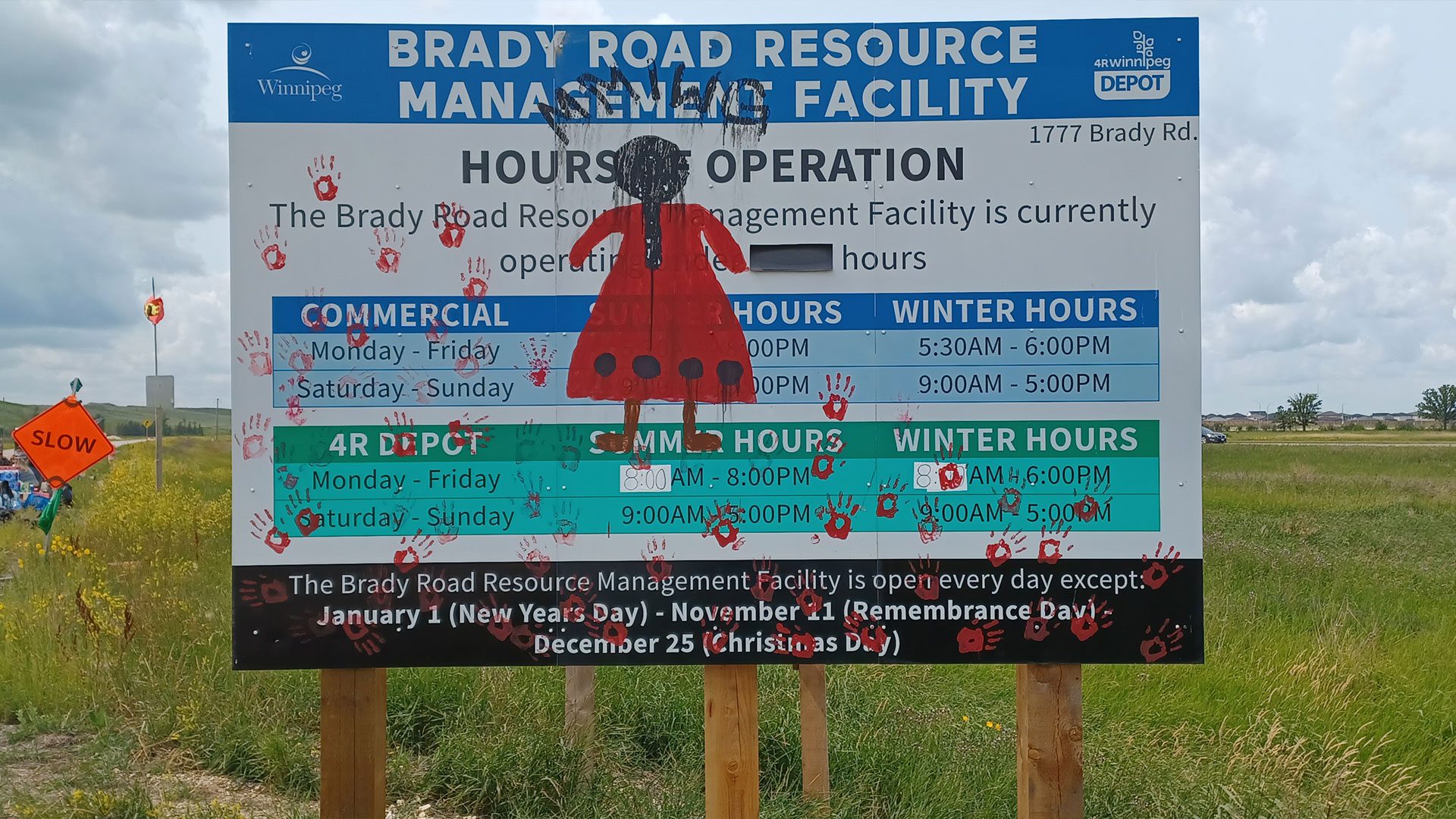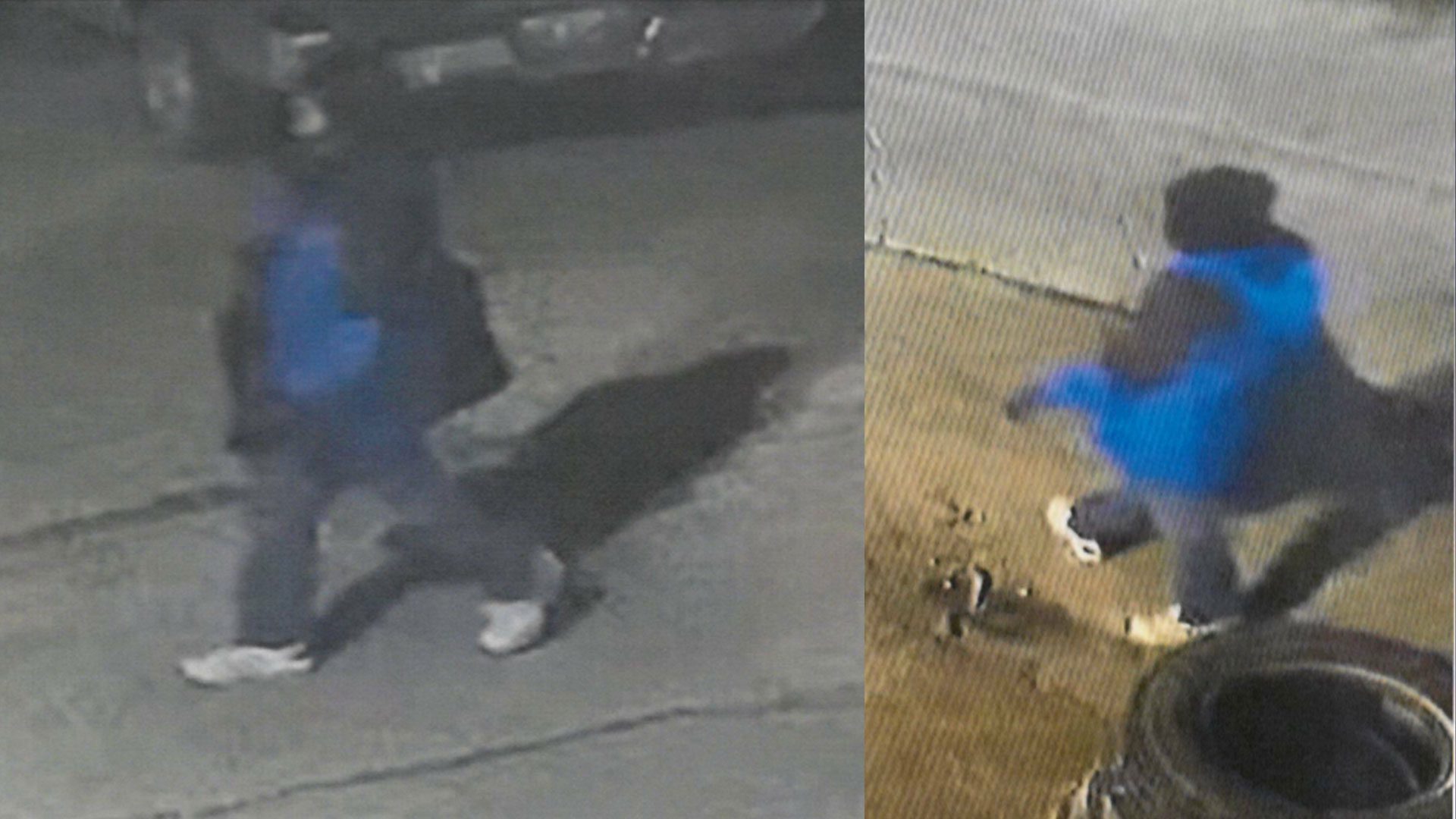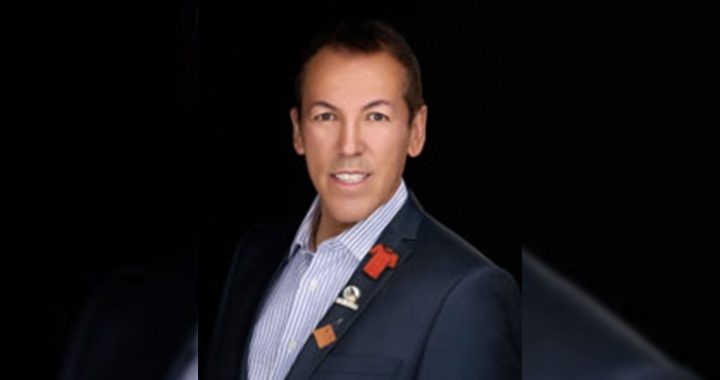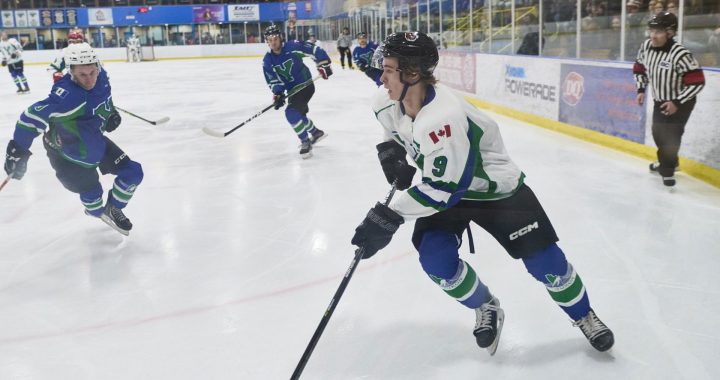
Prosecutors allege Skibicki met his ‘vulnerable’ victims, including 24 year old Rebecca Contois, at Winnipeg homeless shelters, where they were struggling with drug addiction and poverty.
Warning: This story deals with a murder trial and contains graphic details. Please read with care.
Injuries suffered by Rebecca Contois confirm she was strangled to death just as the man who says he killed her has claimed, a Manitoba trial heard Friday.
Dr. Raymond Rivera, a medical examiner in Winnipeg, told the quadruple homicide trial of Jeremy Skibicki he performed separate autopsies on Contois’ remains in May and June of 2022.
Skibicki, 37, admitted in court this week through an agreed statement of facts that he “unlawfully committed” the murder and dismemberment of the 24-year-old First Nations woman in his one-bedroom apartment on May 16, 2022.
He said he suffered from a mental disorder and should be found not criminally responsible.

He also admitted to the “unlawful” killings of three additional Indigenous women in his apartment between March 2022 and May 2022, and disposing of their remains in nearby residential and commercial garbage bins and dumpsters.
The remains were picked up as part of regular garbage collection and transported to the city’s Brady Road landfill or privately run Prairie Green landfill on the northern outskirts of Winnipeg.
“I can’t provide a definite opinion with 100 per cent certainty why Rebecca Contois died,” Rivera told Court of King’s Bench Chief Justice Glenn Joyal as Skibicki looked on from the prisoner’s box, “however, there were findings at autopsy that indicated injury to the body.”
The gruesome testimony was too much for Contois’ family members to bear and they left the courtroom, some in tears.
The prosecution has alleged Skibicki was “racially motivated” and planned the crimes. It no longer has to prove he committed the crimes – only that he had the intent and mental capacity to carry them out.
Contois, who was said to be in a relationship with Skibicki, was killed on May 16, 2022, court was told.
She was the last of four victims he claims to have murdered.
Skibicki was arrested by Winnipeg police and charged on May 17, 2022 with four counts of first-degree murder in connection with the deaths of Contois, Morgan Harris, Marcedes Myran and an unidentified woman gifted the Ojibwe spirit name Mashkode Bizhiki’ikwe (Buffalo Woman) by Indigenous elders.
Read More:
Police find DNA of another 12 women at self-confessed killer’s apartment in Winnipeg
Prosecutors allege Skibicki targeted and exploited the “vulnerable” victims he met at Winnipeg homeless shelters, who were struggling with addiction and poverty.
Indigenous people make up more than half of the people accessing shelter services in the city, according to a 2022 street census.
Winnipeg had the highest number of missing and murdered Indigenous women in Canada between 2018 and 2022, according to an analysis produced by APTN Investigates.
Rivera said Contois had bruising on her face, neck and in her mouth consistent with being strangled and smothered with a pillow. He said she suffered brain damage due to “hypoxic anemia” or loss of oxygen caused “by some sort of pressure on the neck.”
The whereabouts of the remains of Harris, Myran and Buffalo Woman are unknown, but police have said they are likely in Prairie Green.

They supplied surveillance photos of whom they say is Skibicki tossing more garbage bags into a commercial dumpster between two businesses a few blocks from his home on May 3, 2022 and May 6, 2022, which they believe contained the remains of Harris and Myran.
Const. Brian Neumann, the then-supervisor of the Winnipeg police forensic identification initiative, testified the women’s remains were in the same bin for two weeks before it was emptied by a garbage truck.
But Prairie Green’s trucks weren’t equipped with GPS tracking devices like the city’s, he said, so landfill employees had no idea which truck collected the garbage and where it was dumped.
Plus, more garbage had been piled in the landfill by then, he said.
Neumann said his team was able to search Brady for Contois’ torso and found it within two weeks. He said officers wore protective suits and boots along with full-face respirator masks.
He said the body part was wrapped in an afghan, a “brightly coloured” bed sheet, and strips of black plastic, which he suggested was a plastic bag damaged by the garbage truck during transport.
The trial is scheduled to resume Monday morning.
Support is available for anyone affected by these reports and the issue of missing and murdered Indigenous people. Immediate emotional assistance and crisis support are available 24 hours a day, seven days a week through a national hotline at 1-844-413-6649.










